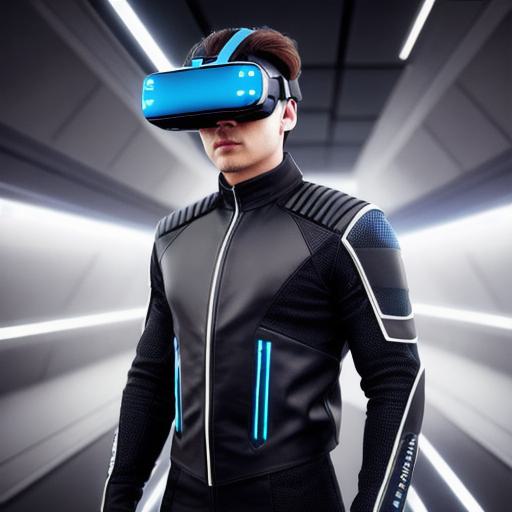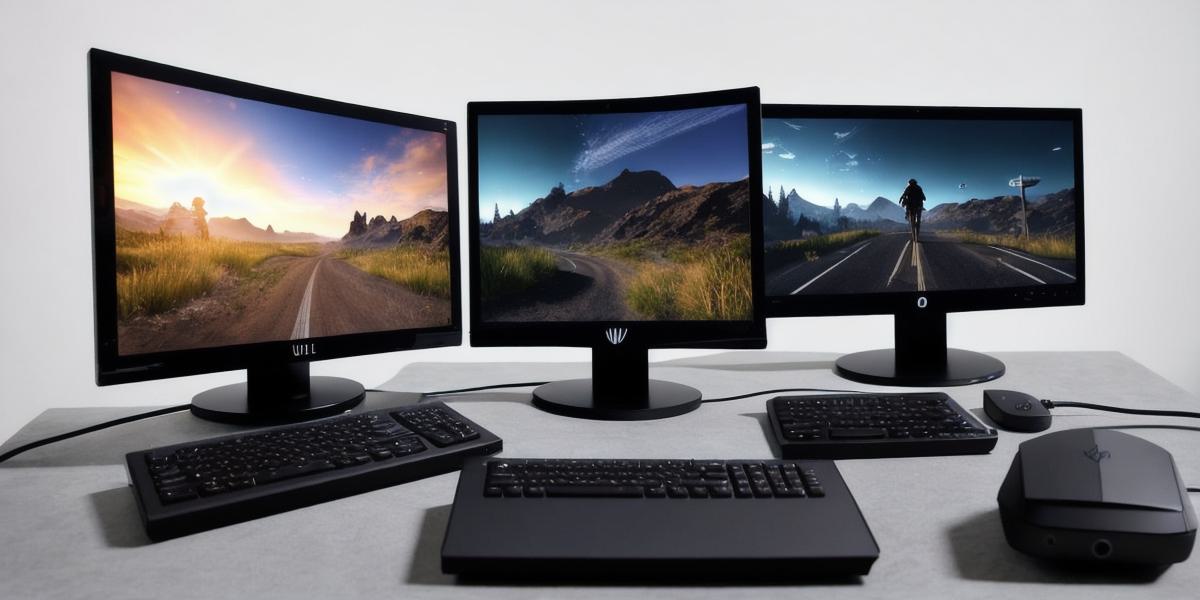Web3 technology is transforming the world of gaming, allowing developers to create more immersive and engaging experiences for players. One of the key benefits of Web3 technology is its ability to enable seamless integration with blockchain-based games.
One of the most popular platforms for building games using Web3 technology is Unity, a powerful game engine that supports a wide range of development languages, including C and JavaScript. By integrating Web3 technologies into their games, developers can create new revenue streams, increase player engagement, and build more secure and transparent gaming experiences.
In this article, we will explore the benefits of Web3 Unity integration and provide examples of how it is being used to revolutionize the world of gaming. We will also discuss the technical aspects of integrating Web3 technology into Unity games, including best practices for security and performance.
Web3 Unity Integration: An Overview
Web3 technology allows developers to create decentralized applications (dApps) that run on blockchain networks. These dApps are designed to be more secure, transparent, and resilient than traditional applications, which are often controlled by a single entity or organization.
In the world of gaming, Web3 technology can be used to enable peer-to-peer transactions, create digital assets that can be bought, sold, and traded on blockchain markets, and build decentralized games that are run on a distributed network of nodes. By integrating Web3 technology into Unity games, developers can create more immersive and engaging gaming experiences that are powered by the latest blockchain technologies.
Benefits of Web3 Unity Integration
Seamless Integration with Blockchain Games
One of the key benefits of Web3 Unity integration is its ability to enable seamless integration with blockchain games. By using Web3 technologies, developers can create games that are built on a distributed network of nodes, which enables players to interact with each other and share resources in real-time. This creates a more immersive and engaging gaming experience for players, as they can collaborate and compete with each other in real-time, without the need for intermediaries or centralized servers.
New Revenue Streams

Web3 Unity integration also enables developers to create new revenue streams for their games. By using blockchain technology, developers can create digital assets that can be bought, sold, and traded on decentralized markets. These assets can include in-game items, collectibles, and other digital goods that players can use to enhance their gaming experience or sell to other players.
Increased Player Engagement
Web3 Unity integration also enables developers to increase player engagement by creating more immersive and interactive gaming experiences. By using blockchain technology, developers can create games that are powered by real-time data and feedback from players, which creates a more engaging and dynamic gaming experience. For example, a Web3-powered racing game could use real-time data from weather sensors to create more realistic weather conditions for the race, or a Web3-powered trading card game could use real-time data from social media to create more dynamic challenges for players.
Security and Transparency
Web3 Unity integration also enables developers to build more secure and transparent gaming experiences. By using blockchain technology, developers can create games that are powered by a distributed network of nodes, which reduces the risk of hacking or data breaches. Additionally, Web3 technologies enable players to have greater control over their digital assets, as they can store and manage their assets on a decentralized platform that is not controlled by any single entity or organization.
Comparison with Traditional Game Development
Traditional game development relies on centralized servers to manage the game state and facilitate interactions between players. This approach has several limitations, as it can lead to slower performance, higher costs, and a single point of failure. In contrast, Web3 Unity integration enables developers to create games that are powered by a distributed network of nodes, which creates a more resilient and scalable gaming experience.
Examples of Web3 Unity Integration in Gaming
Decentralized Games
One example of Web3 Unity integration in gaming is the creation of decentralized games that are run on a distributed network of nodes. These games are designed to be more secure, transparent, and resilient than traditional games, which are often controlled by a single entity or organization. For example, the game "CryptoKitties" is a popular Web3-powered game that allows players to buy, sell, and breed digital cats on a decentralized platform.
In-Game Assets
Another example of Web3 Unity integration in gaming is the creation of in-game assets that can be bought, sold, and traded on blockchain markets. These assets can include in-game items, collectibles, and other digital goods that players can use to enhance their gaming experience or sell to other players. For example, the game "CryptoHeroes" is a Web3-powered game that allows players to collect and battle cryptocurrency-themed heroes on a decentralized platform.
Best Practices for Web3 Unity Integration
When integrating Web3 technology into Unity games, there are several best practices that developers should follow to ensure security and performance. These best practices include:
Use a Secure Wallet
Developers should use a secure wallet to manage their digital assets, as this ensures that their assets are stored in a secure and decentralized platform that is not controlled by any single entity or organization.
Optimize for Performance
Web3 technology can have a negative impact on game performance, so developers should optimize their games for performance to ensure a smooth gaming experience.
Test for Security
Developers should test their games for security to ensure that they are resilient to hacking and data breaches. This includes testing for vulnerabilities in smart contracts and other Web3 technologies.
FAQs
Q: What is Web3 technology?
Web3 technology refers to decentralized applications (dApps) that run on blockchain networks. These dApps are designed to be more secure, transparent, and resilient than traditional applications, which are often controlled by a single entity or organization.
Q: What is Unity?
Unity is a powerful game engine that supports a wide range of development languages, including C and JavaScript. It is used by developers to create games for multiple platforms, including mobile, web, and consoles.
Q: How does Web3 technology enable seamless integration with blockchain games?
Web3 technologies enable developers to create games that are built on a distributed network of nodes, which enables players to interact with each other and share resources in real-time. This creates a more immersive and engaging gaming experience for players, as they can collaborate and compete with each other in real-time, without the need for intermediaries or centralized servers.
Q: What are some examples of Web3 Unity integration in gaming?

Examples of Web3 Unity integration in gaming include decentralized games like "CryptoKitties" and "CryptoHeroes", and in-game assets that can be bought, sold, and traded on blockchain markets like "CryptoRPG".
